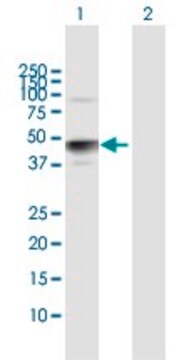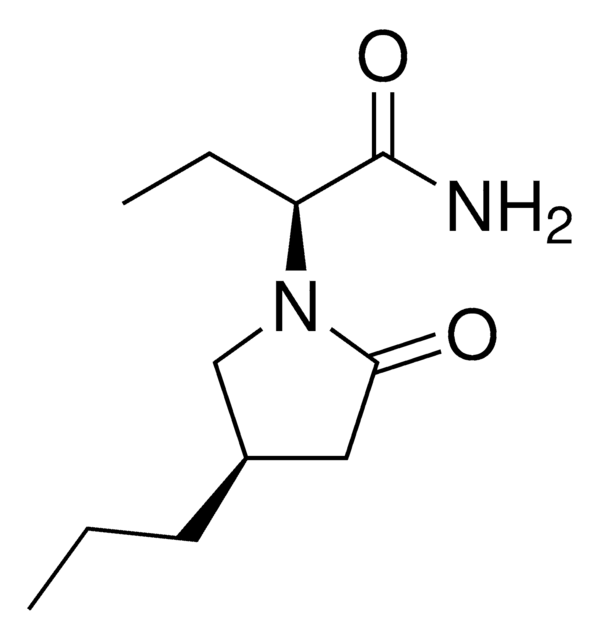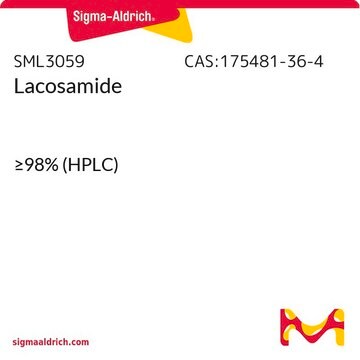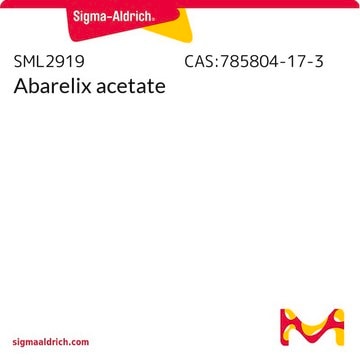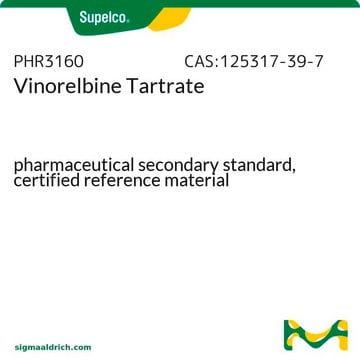SRP6465
Lipocalin-2/LCN2 human
recombinant, expressed in HEK 293 cells, ≥95% (SDS-PAGE)
Synonym(s):
24p3, MSFI, NGAL, Neutrophil Gelatinase-associated Lipocalin, Oncogene 24p3, Siderocalin
About This Item
Recommended Products
biological source
human
recombinant
expressed in HEK 293 cells
tag
6-His tagged (C-terminus)
assay
≥95% (SDS-PAGE)
form
lyophilized
mol wt
calculated mol wt 22 kDa
observed mol wt 23-25 kDa (DTT reduced. Gln 21 is the predicted N-terminal.)
packaging
pkg of 10 and 50 μg
impurities
<1 EU/μg endotoxin (LAL test)
UniProt accession no.
shipped in
wet ice
storage temp.
−20°C
Gene Information
human ... LCN2(3934)
General description
Biochem/physiol Actions
Physical form
Reconstitution
Storage Class
11 - Combustible Solids
wgk_germany
WGK 3
flash_point_f
Not applicable
flash_point_c
Not applicable
Certificates of Analysis (COA)
Search for Certificates of Analysis (COA) by entering the products Lot/Batch Number. Lot and Batch Numbers can be found on a product’s label following the words ‘Lot’ or ‘Batch’.
Already Own This Product?
Find documentation for the products that you have recently purchased in the Document Library.
Our team of scientists has experience in all areas of research including Life Science, Material Science, Chemical Synthesis, Chromatography, Analytical and many others.
Contact Technical Service

